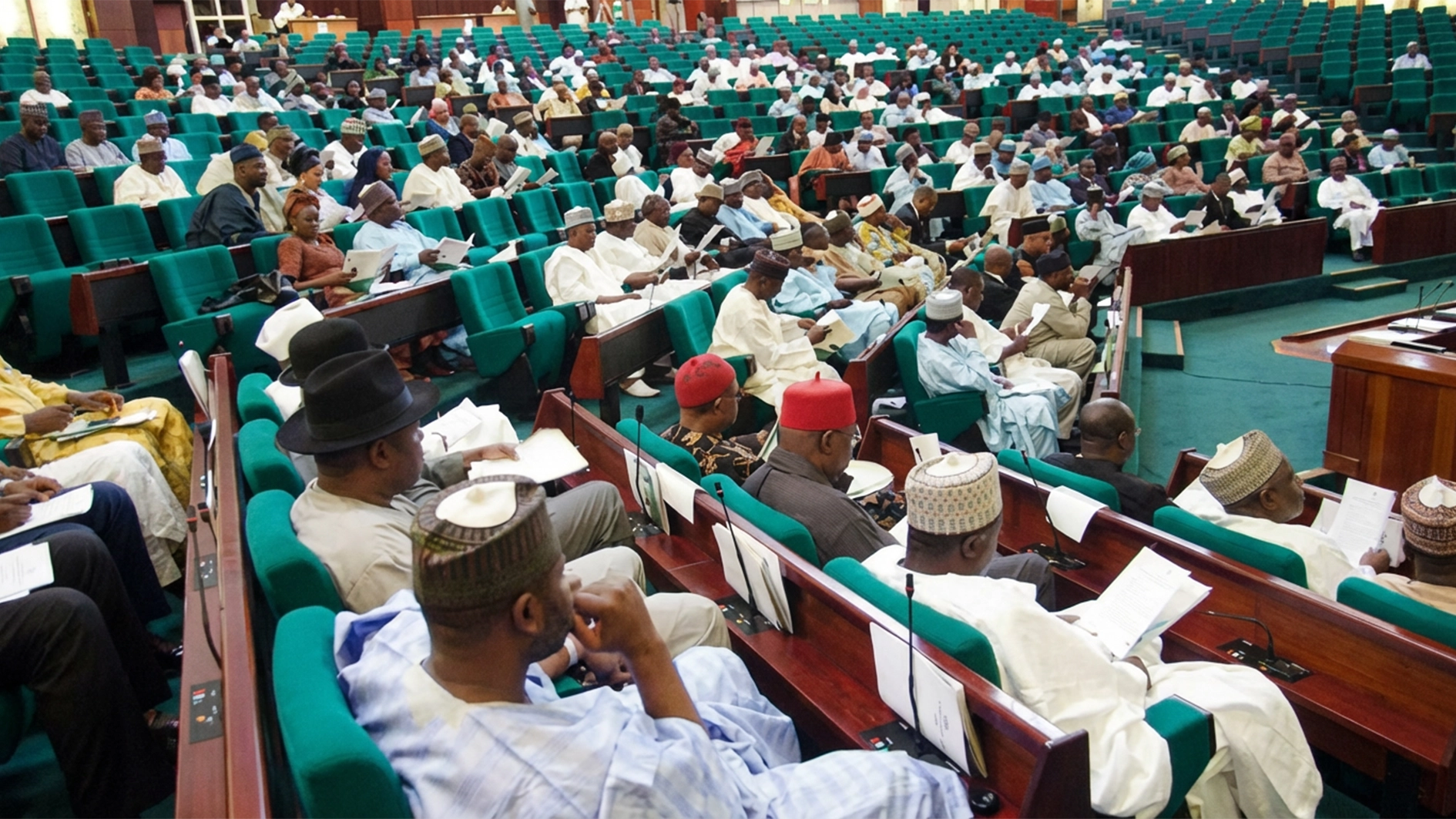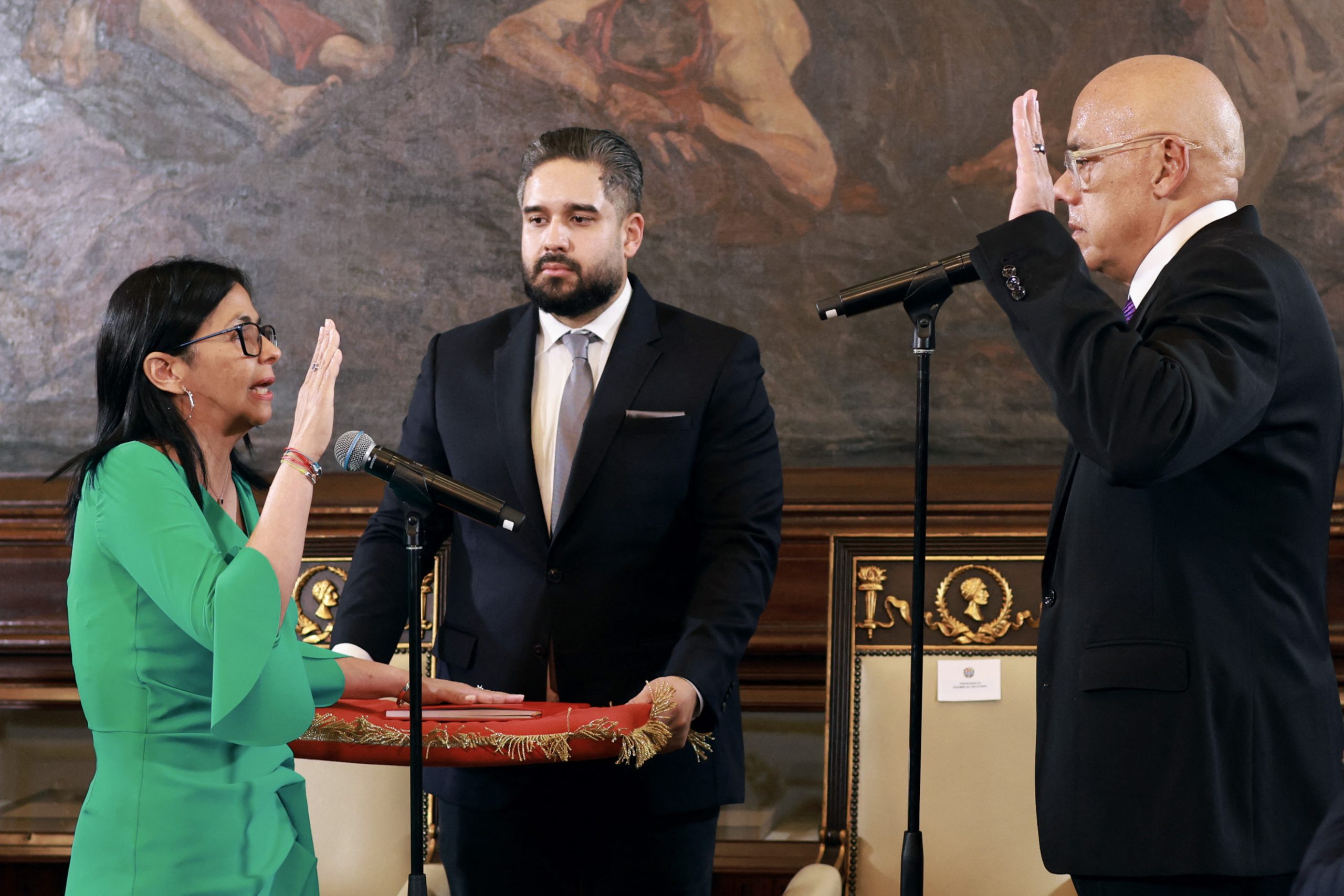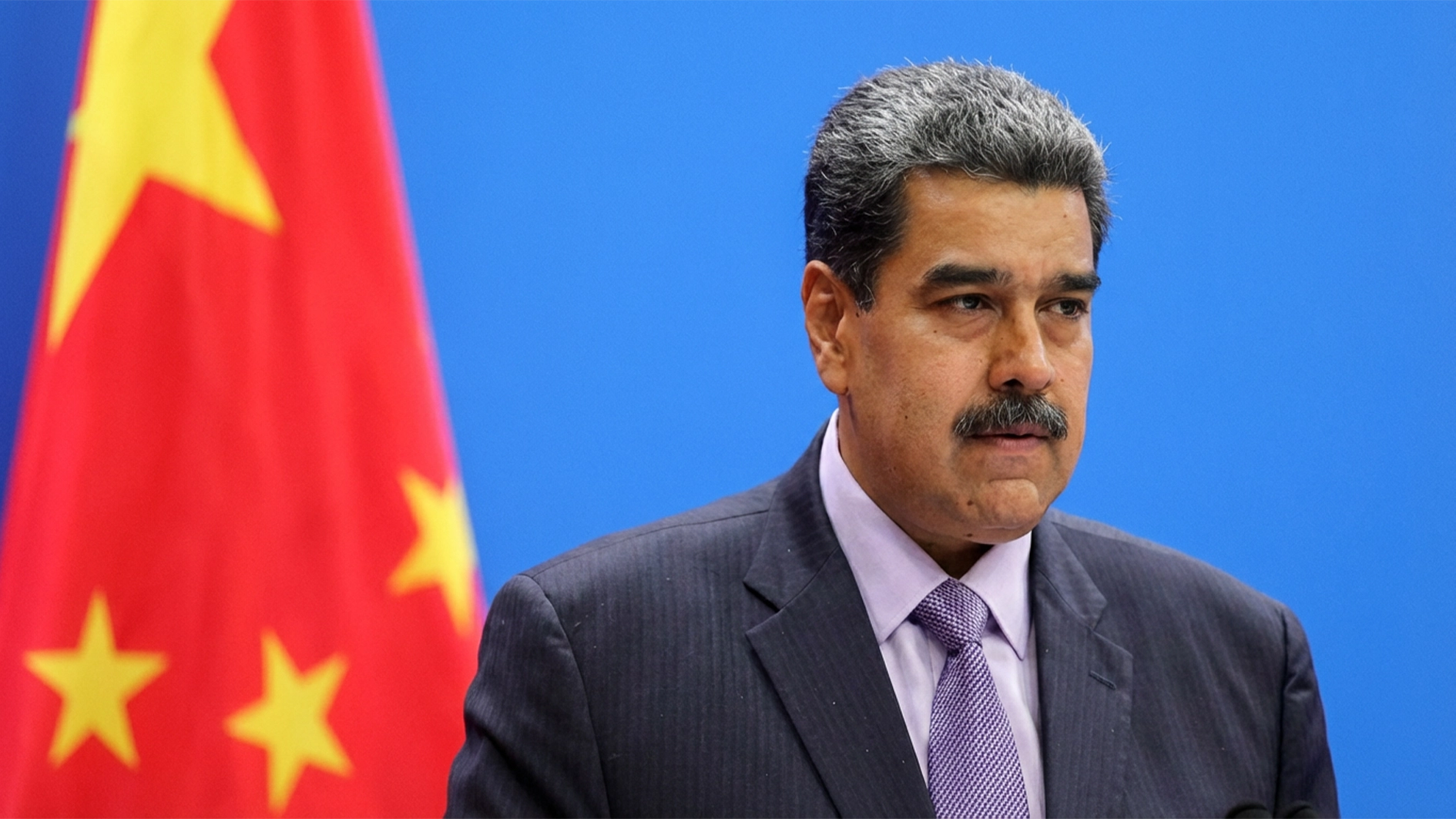A recent report by Nigeria’s forensic laboratory, Smart DNA, reveals that one in four men who underwent paternity testing between July 2024 and June 2025 were not the biological fathers of the children in question. The finding highlights persistent family trust challenges in the country, particularly in urban areas like Lagos.
The 2025 Annual DNA Testing Report shows that 25 per cent of men tested returned negative results, slightly lower than the 27 per cent recorded in 2024. Firstborn children were the most affected, with 64 per cent of disputed firstborn sons and a significant proportion of firstborn daughters found not to belong to their presumed fathers.
Elizabeth Digia, operations manager at Smart DNA, said, “This pattern raises serious questions about family structures, trust, and social arrangements in urban Nigeria. DNA testing is no longer just about disputes. It is about certainty, documentation, and peace of mind.”
The report also indicates a shift in the geographic distribution of DNA testing in Lagos. Lekki led the state with 20.3 per cent of tests, followed by Yaba (15.8 per cent) and Ajah (10.5 per cent). Mainland areas such as Surulere and Ikeja recorded nine per cent each, while Ikorodu accounted for 10.5 per cent.
Digia noted, “This geographic shift reflects where economic and social questions about paternity and family documentation are being asked more urgently. Lagos Island’s growth mirrors its expanding population of upwardly mobile professionals dealing with both family and immigration-related concerns.”
Immigration-related DNA testing also increased, accounting for 13.1 percent of all tests, driven by Nigerians seeking documentation amid the ongoing “Japa” wave. Children aged 0 to 5 years made up 58.6 per cent of all tests, up from 54 per cent in 2024, indicating that parents are seeking to resolve questions of lineage early. Male children were tested more frequently than females, at 53.8 per cent versus 46.2 per cent, reflecting the traditional emphasis on verifying male lineage for inheritance and family continuity.
The report noted ethnic participation in testing, with Yoruba clients accounting for 53 per cent of requests, Igbo clients for 31.3 per cent, and Hausa clients for 1.2 per cent. Most tests, 83.7 per cent, were conducted for “peace of mind” rather than legal disputes, with only 1.4 per cent court-mandated.
Digia stressed the need for regulatory reform, saying, “Nigeria currently has no specific paternity fraud laws, leaving men without legal recourse when non-paternity is discovered years later. Public health campaigns should normalise paternity discussions and integrate DNA testing into pre-marital and family health programmes.”
Smart DNA recommended integrating DNA testing into healthcare and family planning programmes to reduce stigma and ensure clarity in family documentation.
The report also underscores the increasing demand for DNA testing in urban centres, illustrating broader social and cultural questions about family structures, trust, and the rights of parents in Nigeria.






